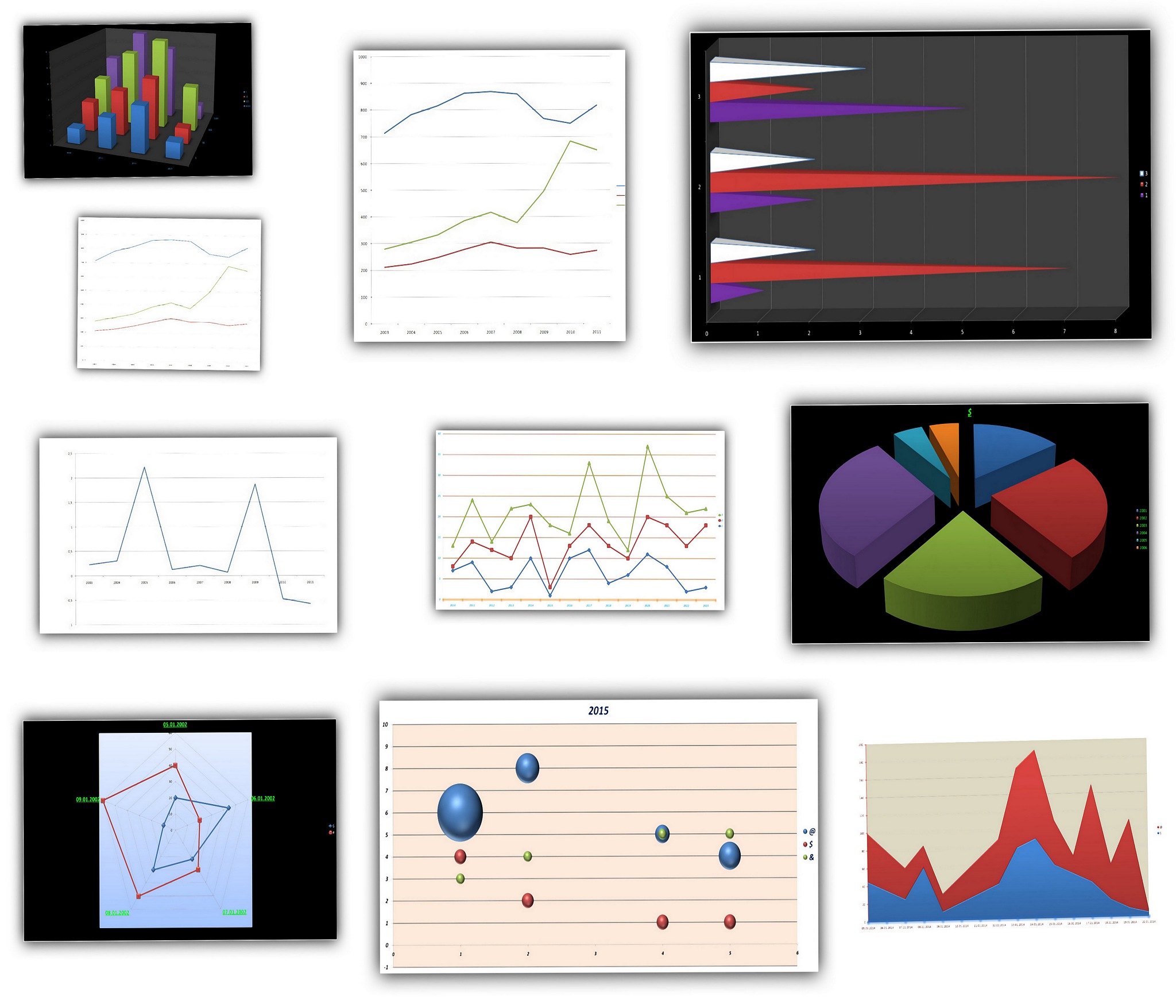python 的labels怎么用
在 Python 中,labels 通常用于给数据集中的数据点进行标记,以便更容易地识别和区分它们。使用 labels 可以使数据更具有可读性和可解释性。
下面是一些使用 labels 的示例:
- 使用
matplotlib绘制散点图时,可以使用label参数为每个数据点指定标签,示例代码如下:
import matplotlib.pyplot as plt
x = [1, 2, 3, 4, 5]
y = [10, 20, 30, 40, 50]
labels = ['A', 'B', 'C', 'D', 'E']
plt.scatter(x, y, label=labels)
plt.legend()
plt.show()
- 在
pandas中,可以使用DataFrame的index和columns属性来为数据集中的行和列添加标签,示例代码如下:
import pandas as pd
data = {'Name': ['Alice', 'Bob', 'Charlie', 'David'],
'Age': [25, 30, 35, 40],
'Gender': ['Female', 'Male', 'Male', 'Male']}
df = pd.DataFrame(data)
df.index = ['Row1', 'Row2', 'Row3', 'Row4']
df.columns = ['Name', 'Age', 'Sex']
print(df)
输出结果:
Name Age Sex
Row1 Alice 25 Female
Row2 Bob 30 Male
Row3 Charlie 35 Male
Row4 David 40 Male
- 在机器学习中,可以使用
sklearn的LabelEncoder类将分类数据转换为数值标签,示例代码如下:
from sklearn.preprocessing import LabelEncoder
labels = ['Red', 'Green', 'Blue', 'Red', 'Green']
le = LabelEncoder()
encoded_labels = le.fit_transform(labels)
print(encoded_labels)
输出结果:
[2 1 0 2 1]
在这个例子中,LabelEncoder 将分类数据 'Red','Green' 和 'Blue' 分别转换为 2,1 和 0。

原文地址: https://www.cveoy.top/t/topic/bL2p 著作权归作者所有。请勿转载和采集!